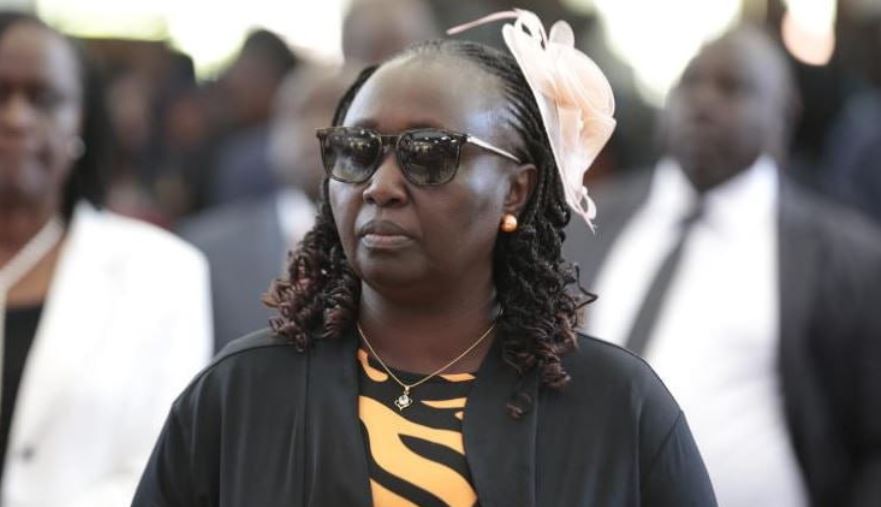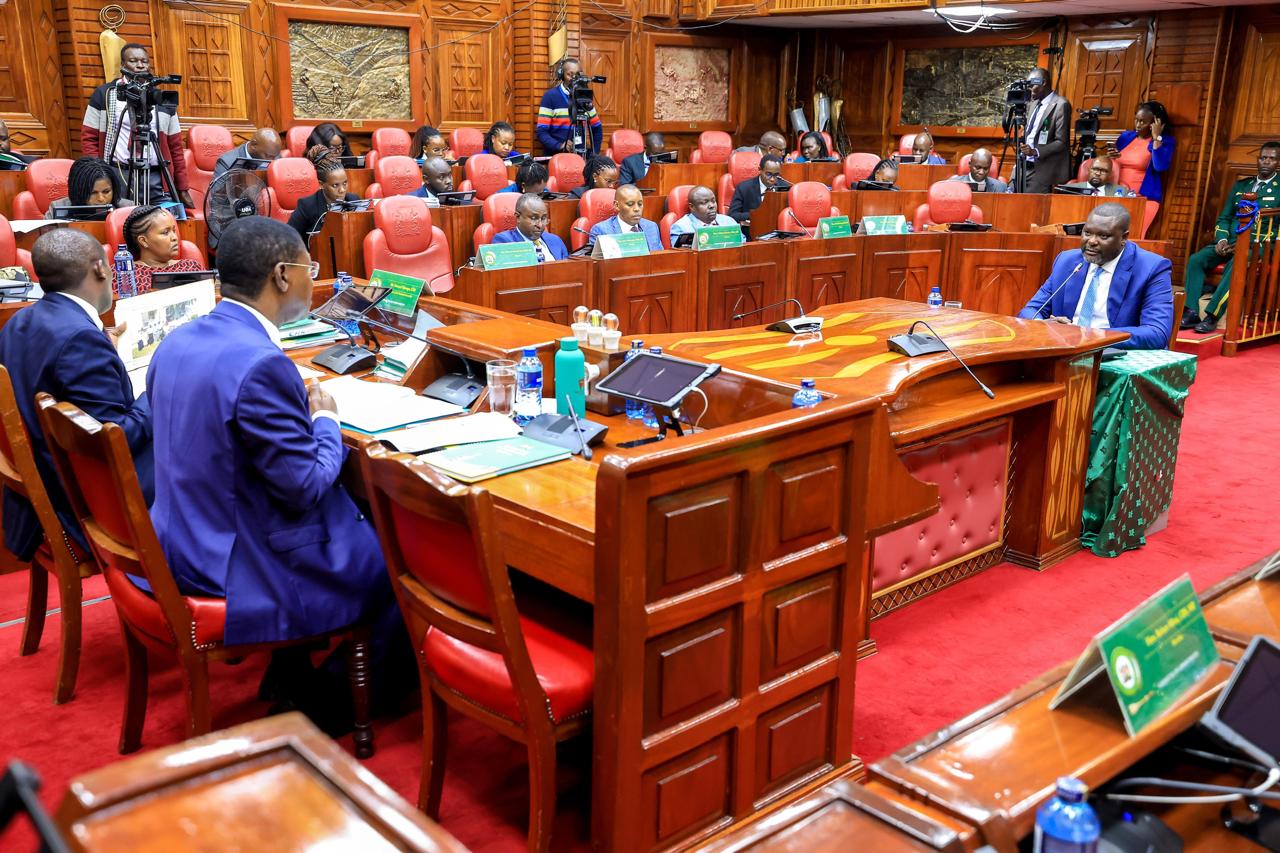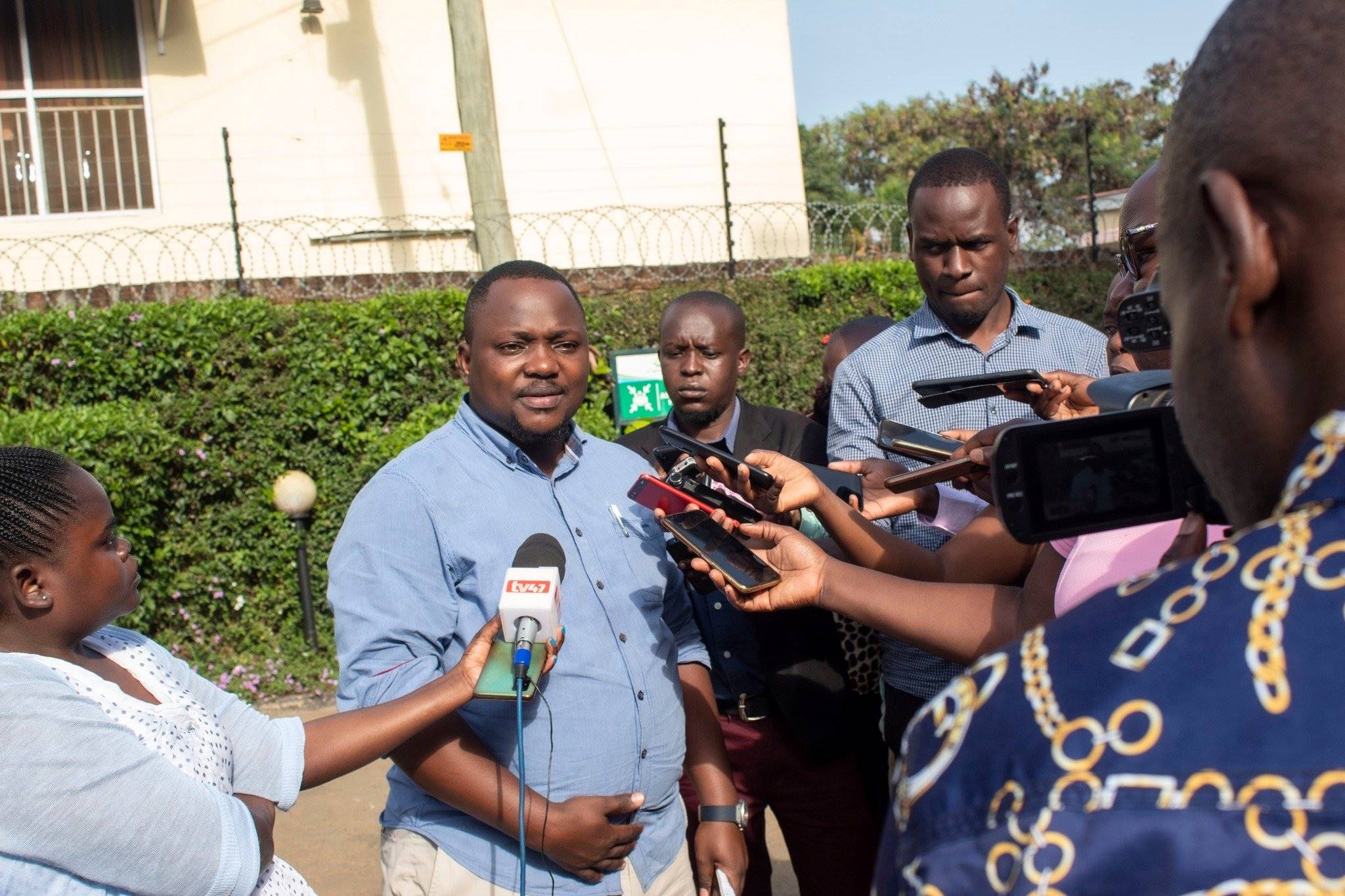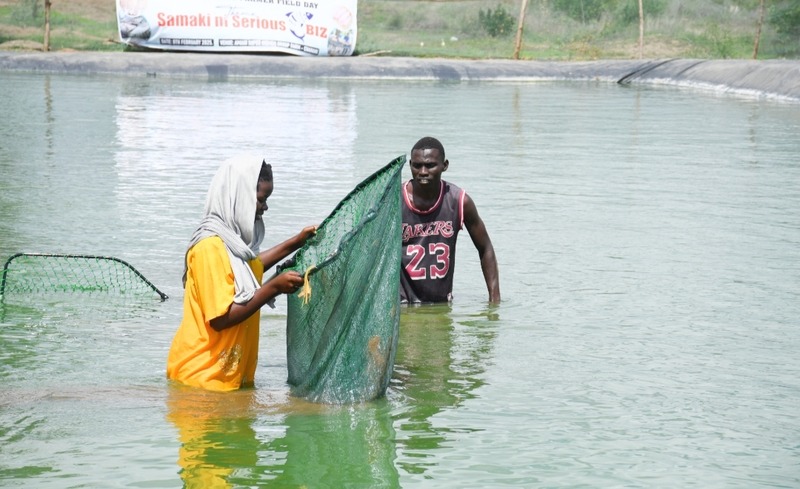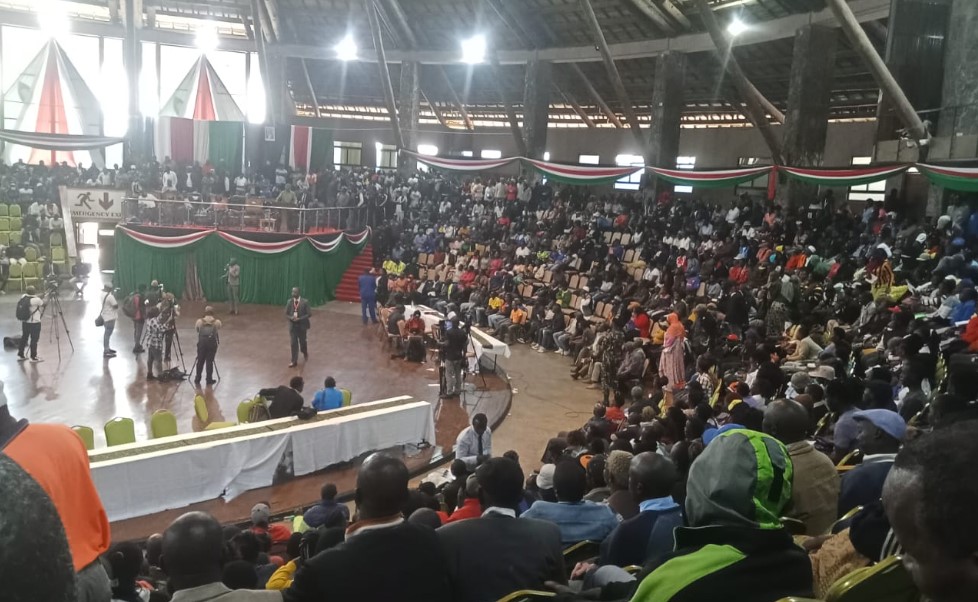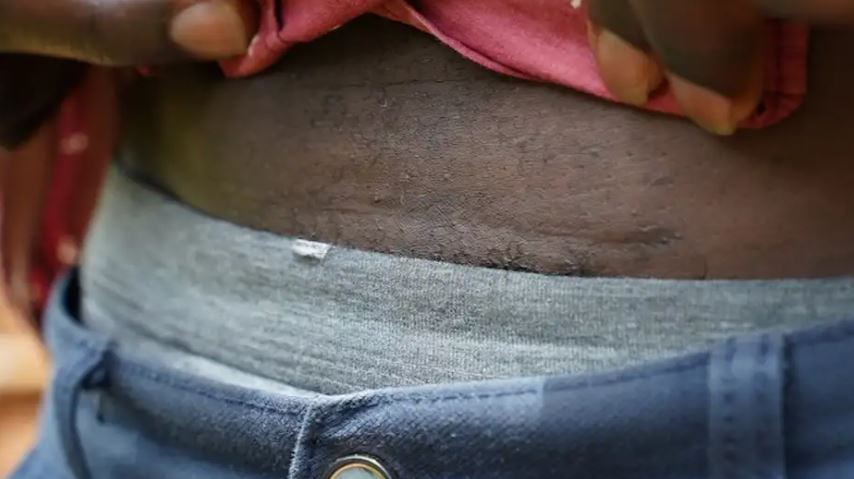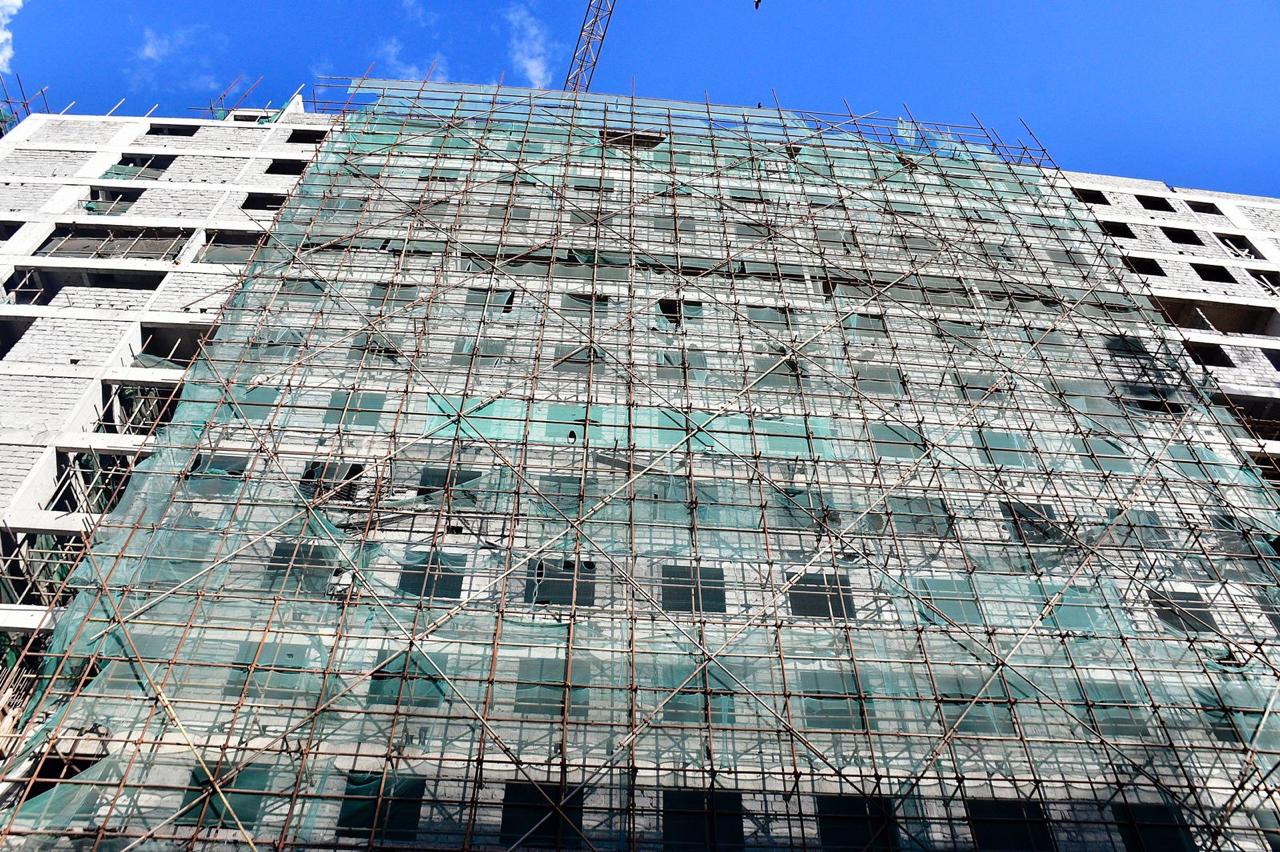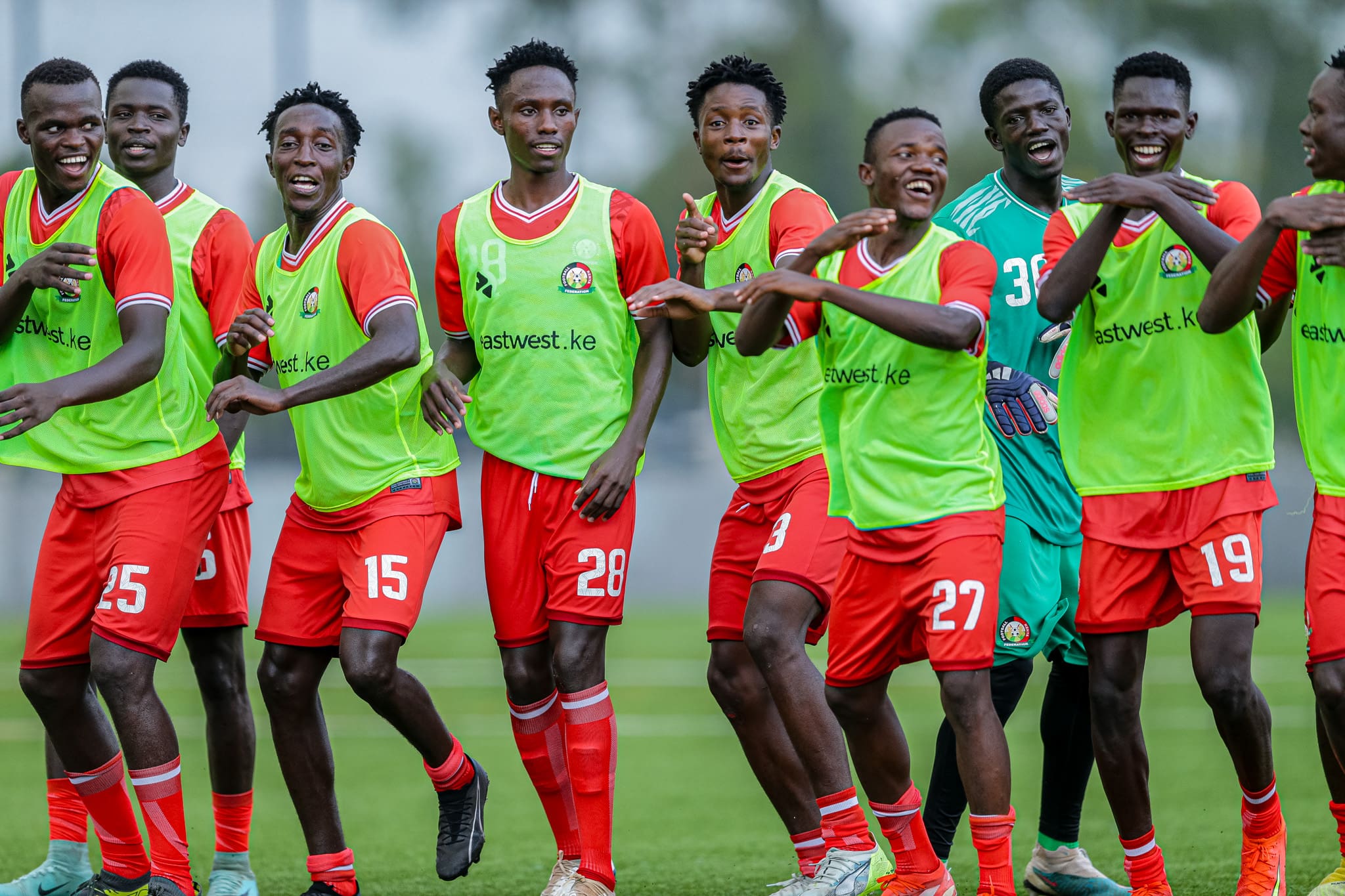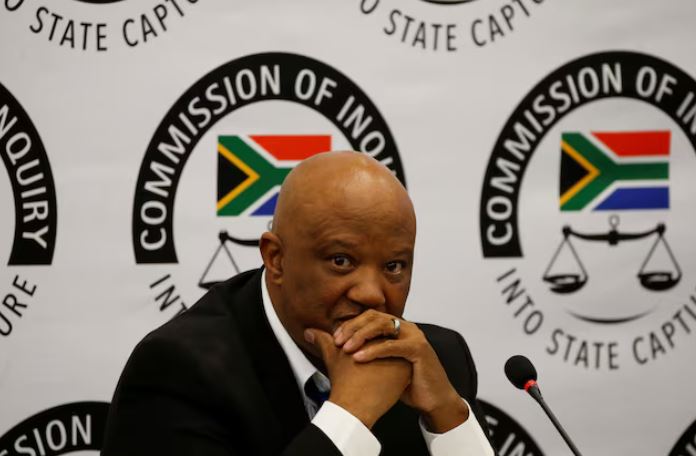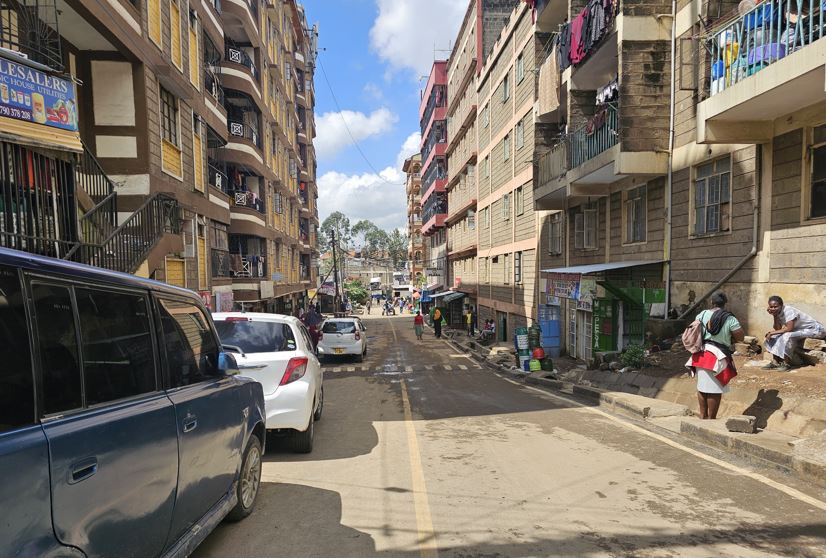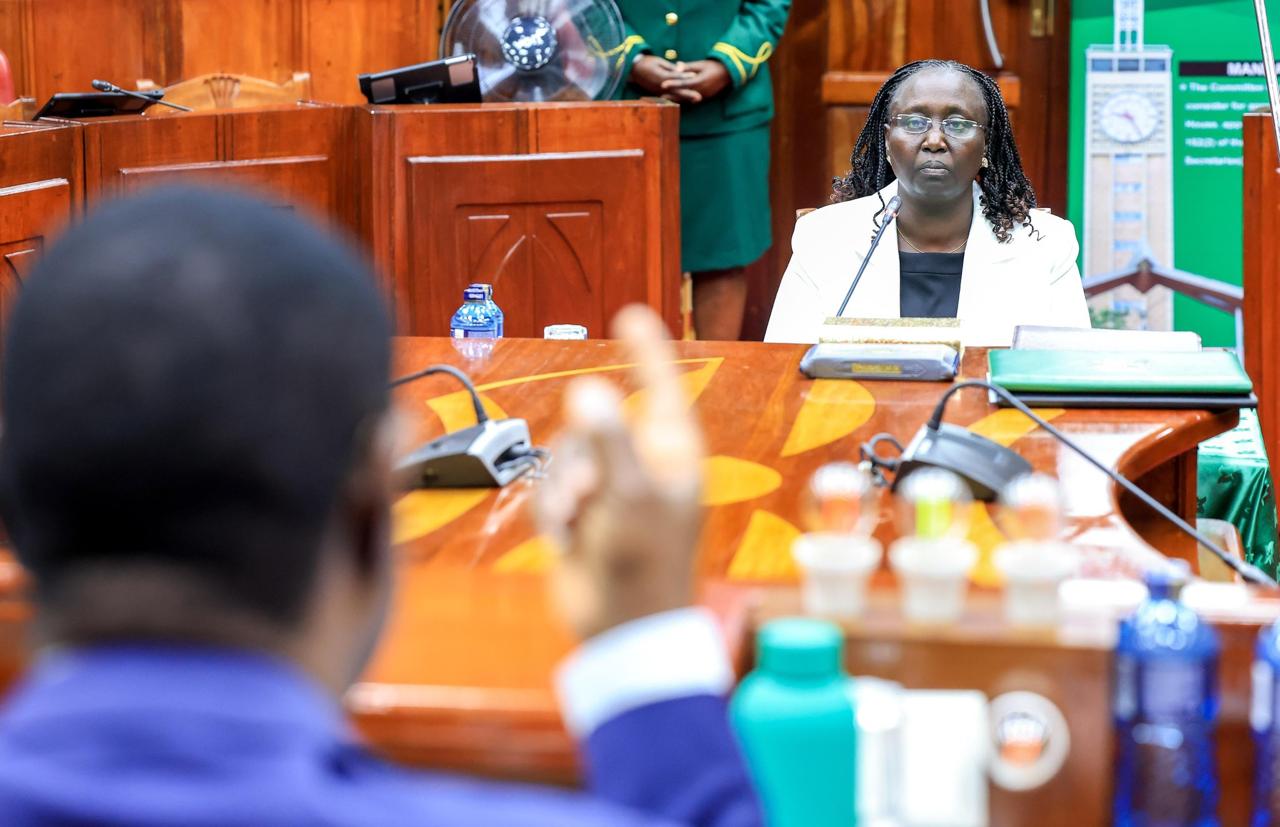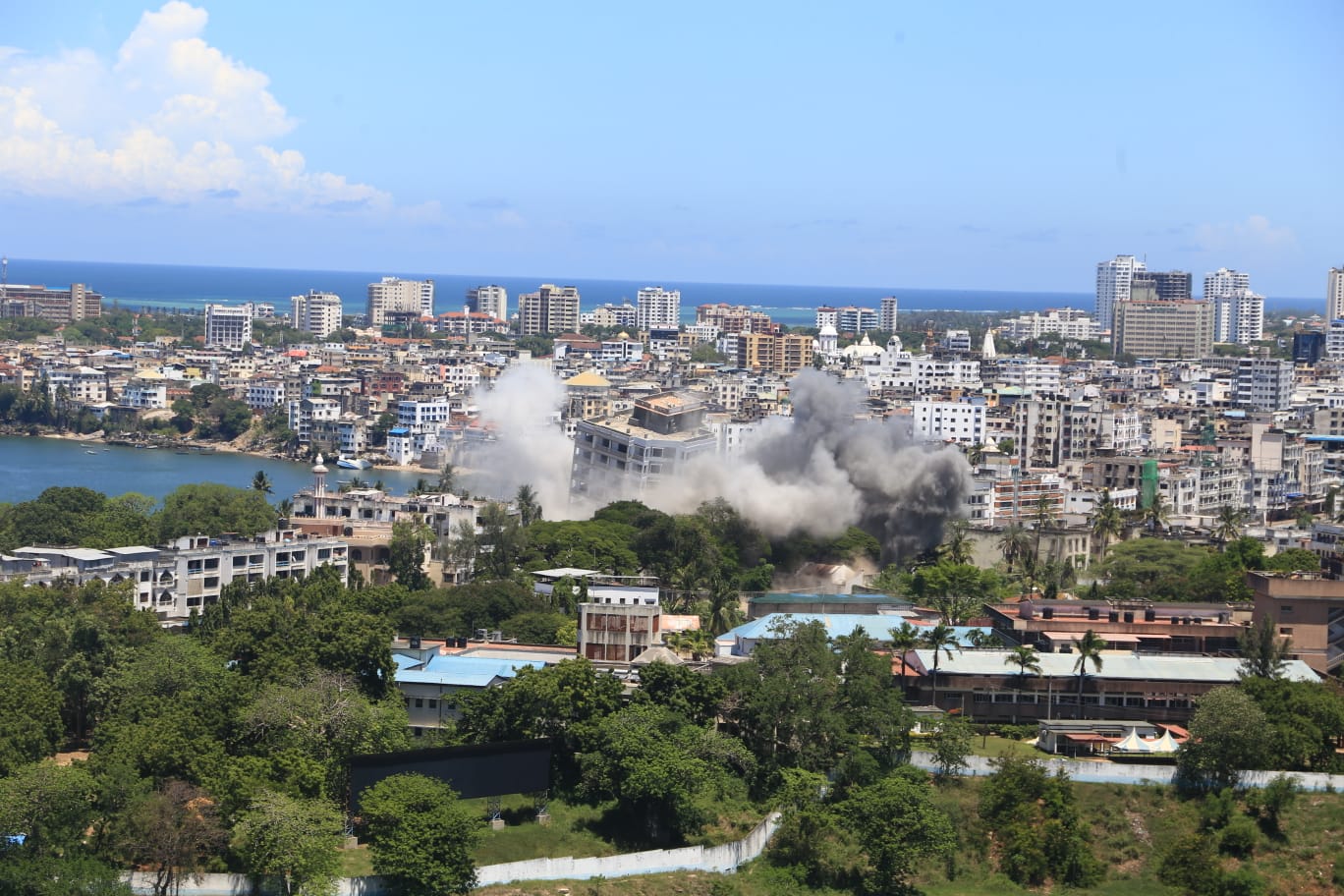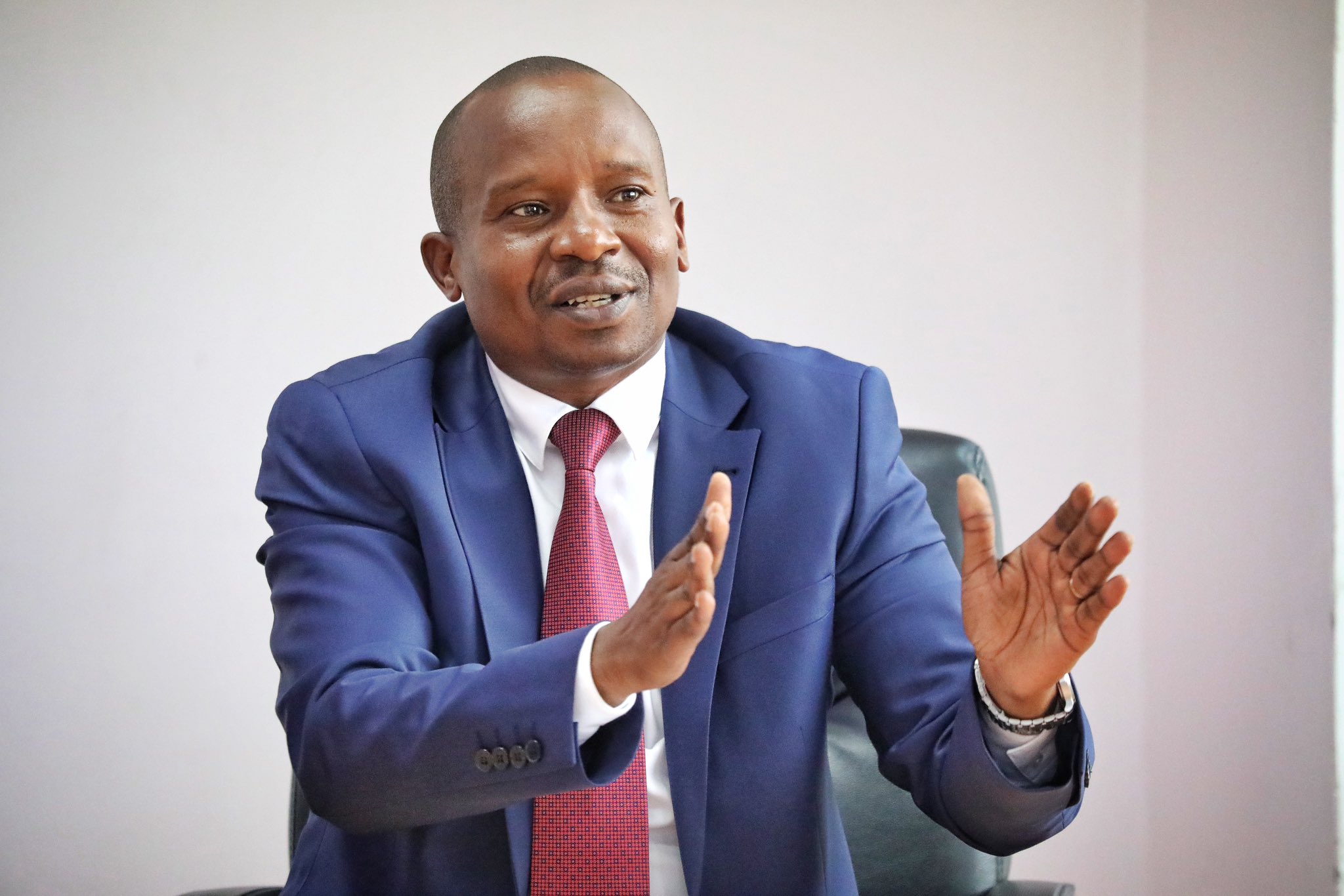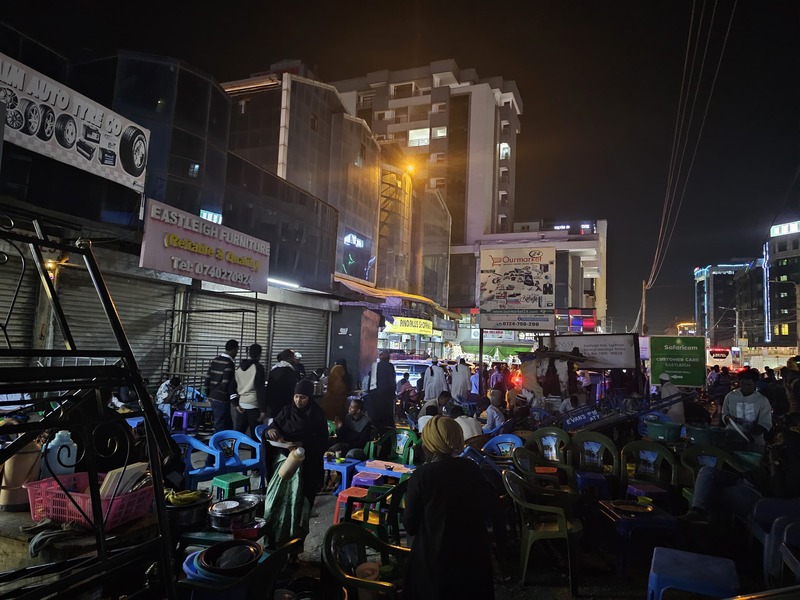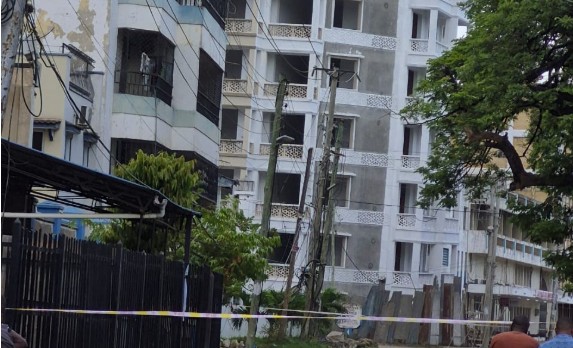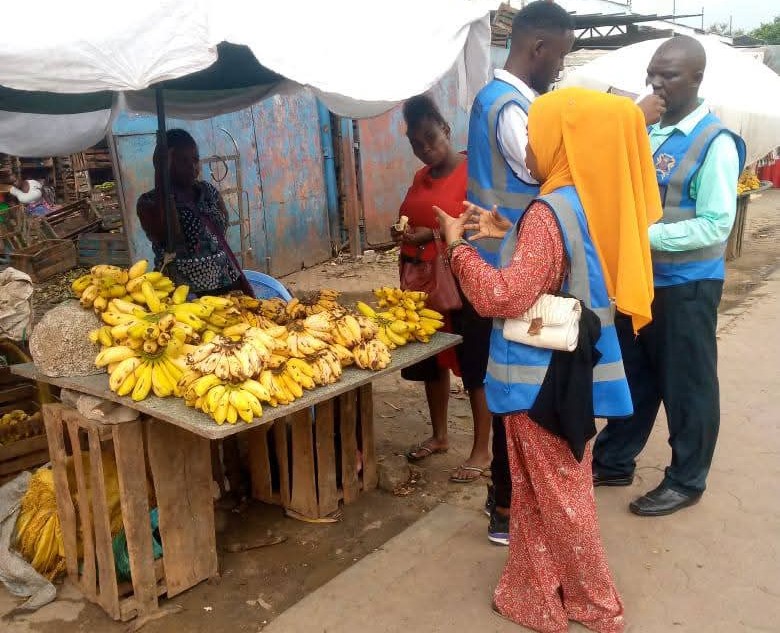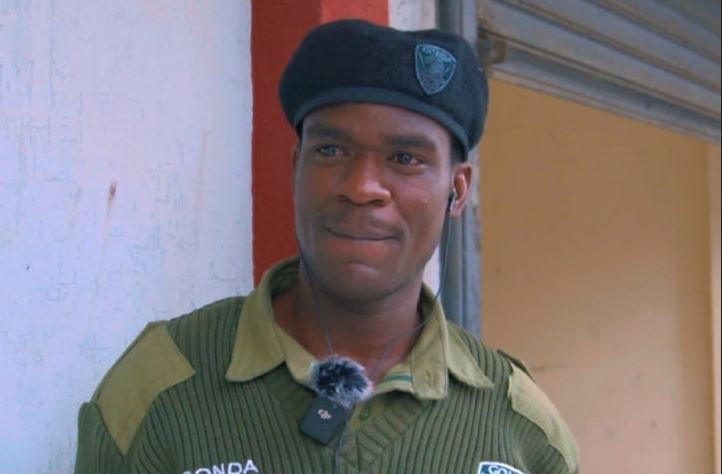State abandoned us but elders came to our plight – abducted chiefs narrate ordeal during 62 days in captivity
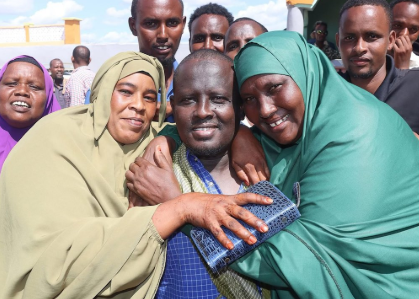
The chiefs were held in one of the most dangerous regions of Somalia, where government forces rarely venture. Their ordeal has raised serious concerns over the safety of frontline civil servants in volatile regions like Mandera.
While President William Ruto publicly condemned the kidnappings of chiefs during his rally in Mandera on February 4 and assured the nation of swift action, the rescued chiefs said they never saw any evidence of a government-led rescue mission. They accused the government of abandoning them to their fate.
The five- Mohammed Adawa, Mohammed Hassan Kulmia, Abdi Hassan Suraw, Mohammed Noor Hache, and Assistant Chief Ibrahim Gabow- were travelling to Elwak in Mandera County for a security meeting when their convoy was intercepted.
More To Read
The chiefs were on their way from Wargadud to Elwak to receive President Ruto, who was scheduled to tour Mandera County, when they were intercepted, blindfolded, and whisked across the Kenya-Somalia border to the Jilib region, an Al-Shabaab stronghold.
Their disappearance sparked widespread concern and prompted urgent calls for intervention from government authorities and community leaders.
Chief Adawa Abdi Mohamed, one of those who had been abducted, revealed that the entire process of negotiating their release and coordinating their rescue was left in the hands of Garre elders from both Kenya and Somalia.
“I really appreciate my clan elders and family members who facilitated my release. I was in Al-Shabaab captivity for 62 days. Were it not for the Garre community inside Kenya and Somalia, no one would have ever seen us alive,” Chief Mohammed Adawa said.
Another chief, speaking anonymously, pointed out that while the President spoke tough during his visit to Mandera, the state played no active role in their liberation.
Mohamed Noor expressed gratitude and relief. “I have returned home safely. I thank the Almighty for protecting me. I also thank our elders who went after us and ensured we made it back alive. The support and prayers from the community and our friends meant a lot.”
Abdi Hassan Suraw echoed these sentiments, “I am thankful to God and deeply appreciate our elders who worked tirelessly to bring us back into Kenya. This moment is emotional for all of us.”
“We thank God for this precious moment. The long-awaited journey has finally ended. We are grateful to the security teams and most importantly to our elders, who fast-tracked this negotiation process,” he added.
Visibly shaken and in a fragile state, the chiefs showed signs of emotional distress and fatigue. Authorities have confirmed that they will receive immediate medical care and psychological support to help them recover from the trauma of their captivity.
Though the exact circumstances of their release remain unclear, the chiefs confirmed that they were under strict instructions not to disclose details of their captivity, likely due to security considerations.
Interior Principal Secretary Raymond Omollo had assured the public in March that the State was working behind the scenes to ensure the safe return of the chiefs. However, the administrators said they never saw or felt any such support.
After negotiations and the eventual payment of ransom, the abductees were handed over to Garre elders in Somalia and began a slow return journey hampered by poor roads, bad weather and a weak mobile network. Their families and supporters questioned why the government did not dispatch a Kenya Defence Forces chopper to airlift them home.
Adding to the emotional reunions in Elwak was the return of a daughter of one of the chiefs, who had also been abducted and released a day earlier.
Mandera South MP Ibrahim Haro praised the success of local mediation efforts. “We thank everyone who contributed to this positive outcome. I commend the government for allowing our elders the space to lead these negotiations. There are still Kenyans in captivity, including soldiers taken during the El Adde attack. These same elders who successfully negotiated the release of the five chiefs should be empowered to lead efforts for the others still being held,” he said.
Their return, while joyous, came with bitter reflections.
The chiefs were held in one of the most dangerous regions of Somalia, where government forces rarely venture. Their ordeal has raised serious concerns over the safety of frontline civil servants in volatile regions like Mandera.
The abduction and release come at a time when the government is considering arming chiefs and their assistants.
Interior Cabinet Secretary Kipchumba Murkomen, speaking at the Coast last week, said the chiefs and their assistants will be armed, especially those whose lives are at risk.
“I don’t see any problem in having our chiefs armed. If civilians can apply and get licenses to be gun holders, why not chiefs?”
The chiefs' abduction had triggered tension in the region, highlighting the continued security challenges faced along the Kenya-Somalia border.
The area, plagued by militant activity, has long been a hotspot for abductions and ambushes targeting both civilians and officials.
Their return, however, has sparked renewed hope for the possibility of dialogue-based solutions in resolving such incidents and reuniting more abducted Kenyans with their families.
Top Stories Today



